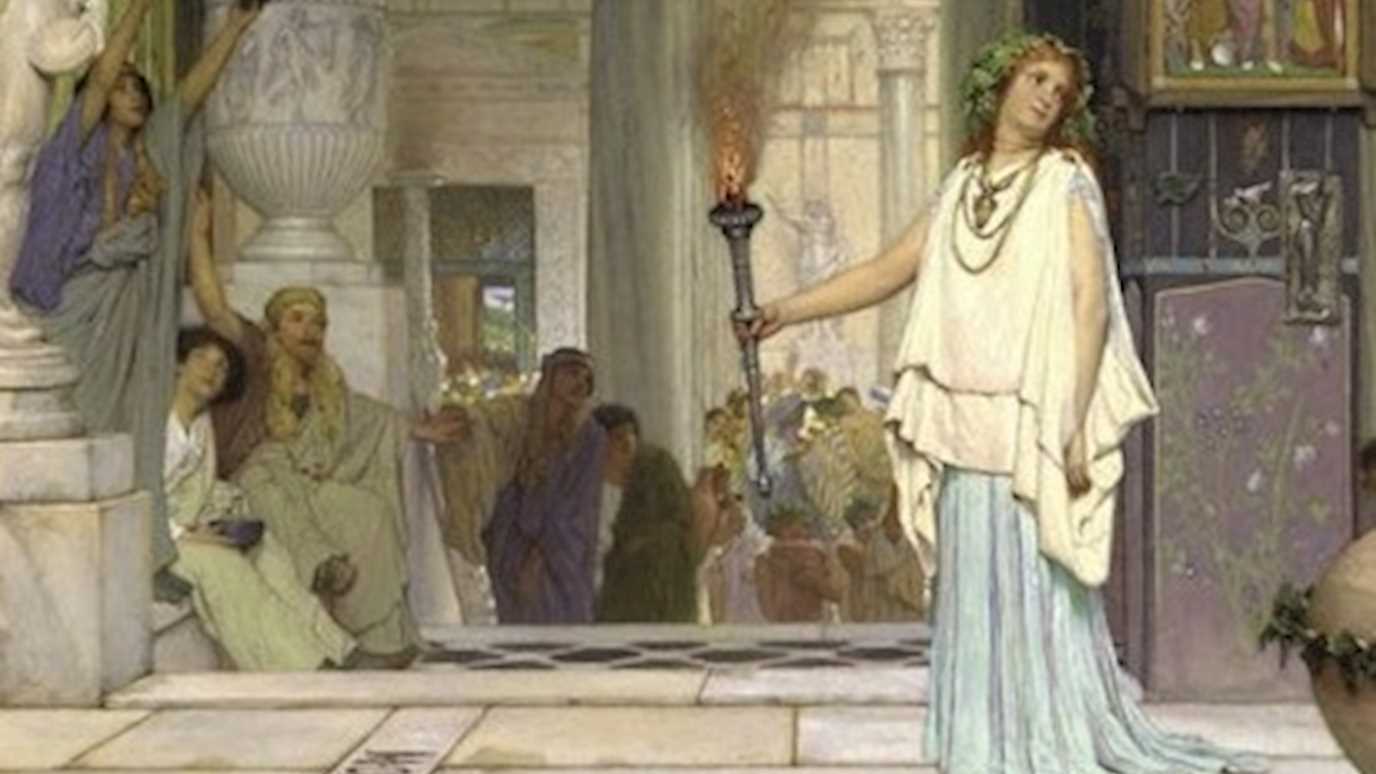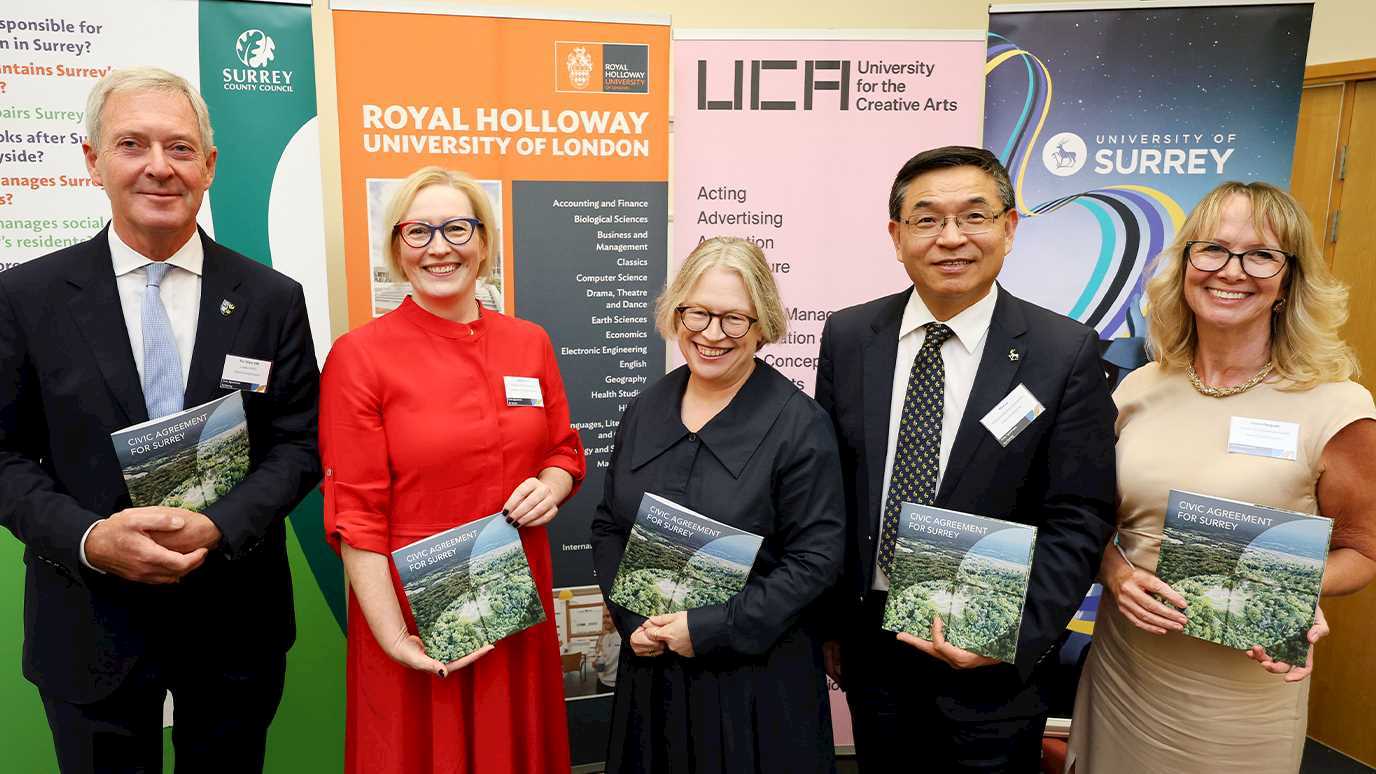A new book by Dr Hannah Platts at Royal Holloway will be on sale on 28 November 2019, and will look at how the Romans lived and used their homes to enhance their lives.

Classicists have long wondered what everyday life was like in ancient Greece and Rome and how, for example, slaves, visitors, inhabitants or owners experienced the same home differently and how they manipulated the spaces of their homes to demonstrate control or social hierarchy.
To answer these questions, Dr Hannah Platts, Lecturer in Ancient History and Archaeology at Royal Holloway, University of London, has written an intriguing book called, ‘Multisensory Living in Ancient Rome: Power and Space in Roman Houses’, which will appeal to everyone interested in Roman daily life and domestic architecture.
The book draws on a diverse range of evidence and an innovative mixture of methodological approaches to explore multisensory experiences – sounds, smells, touch, taste and sight – for the first time in and around domestic environments in Rome, Pompeii and Herculaneum, from the first century BCE to the second century CE.
Moving between social registers and locations, from non-elite urban dwellings to lavish country villas, each chapter of her book takes the reader through a different type of room and offers insights into the reasons, emotions and cultural factors behind perception, recording and control of bodily senses in the home, as well as their sociological implications.
Dr Hannah Platts, from the Department of History at Royal Holloway, said: “The Romans were experts in how they built their homes. Many of us know today about the Roman ingenuity for underfloor heating and hot baths, but the way they organised and lived in their houses in order to display power and wealth goes much further than that.
“When we walk into a room, we hear it, feel it, smell it, see it and even taste it. Yet much of today’s architecture and housing development misses the importance of multisensory experience in the home and its impact upon us. Ancient evidence shows that many Romans were well aware of just how important complete bodily experience of the home was for creating feelings of comfort or fear amongst visitors and inhabitants.
“A great example of this is the Emperor Domitian's dinner party. He was entertaining members of Rome's elite classes and wanted to have ultimate control over them, even though they were members of Rome's aristocracy.
“He set up a dining room that was pitch black, gave his guests food only served at funerals, lit the room only with funeral lamps and talked only on topics of death. This obviously unsettled the guests and they couldn’t wait to go home, leaving his dinner party in fear of their lives!”
You can listen to Hannah speak all about her new book, which is published by Bloomsbury, on Royal Holloway's Seminar Sessions Podcast.
























